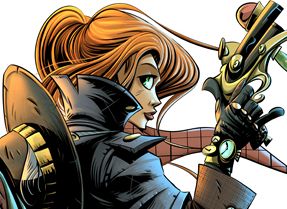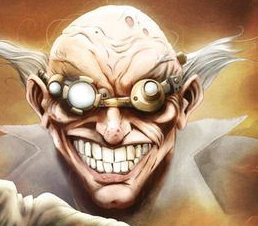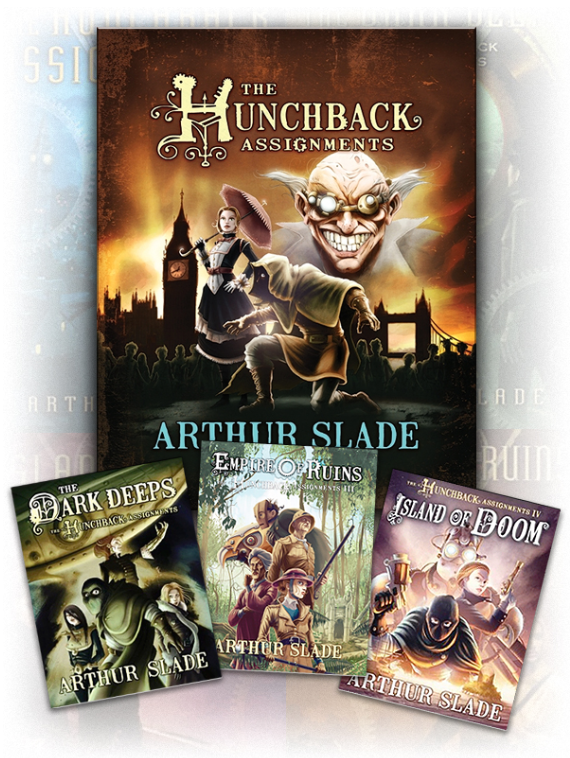 "You must really love your book." Sometimes this comment is tossed toward we writers. And it's true, you don't fall in love with an idea, a set of characters, spend a year or several years writing about them and not have some kind of joyous affection for the book you've created. In fact we authors have been known to jump up and down on Oprah's couch and shout out our love for one of our own works (actually, that might have been a dream I had). Classrooms of young readers have asked me, "Which is your favourite book that you've written?" I answer, "DUST, because it made the most money for me." That gets a laugh. Then I explain how the initial idea for that book arrived in a flash and the process of turning that idea into a novel was relatively natural because THINGS FELL INTO PLACE ONE AFTER ANOTHER WITHOUT TOO MUCH FUSS and I was completely happy with how the book turned out and how it was received by the reading public.
"You must really love your book." Sometimes this comment is tossed toward we writers. And it's true, you don't fall in love with an idea, a set of characters, spend a year or several years writing about them and not have some kind of joyous affection for the book you've created. In fact we authors have been known to jump up and down on Oprah's couch and shout out our love for one of our own works (actually, that might have been a dream I had). Classrooms of young readers have asked me, "Which is your favourite book that you've written?" I answer, "DUST, because it made the most money for me." That gets a laugh. Then I explain how the initial idea for that book arrived in a flash and the process of turning that idea into a novel was relatively natural because THINGS FELL INTO PLACE ONE AFTER ANOTHER WITHOUT TOO MUCH FUSS and I was completely happy with how the book turned out and how it was received by the reading public.
But the dark secret is that we authors can grow to hate our novels. We loathe them. Who let this dreck into my house? Who put these boneless, wishy washy characters on my page? Is this a plot I see before me or Swiss Cheese? You may think I'm joking, but there have been times when I have felt an "all work and no play makes Jack a dull boy" rage rise up in my soul over the inability of one of my books to twist itself into a shape that is readable. Let me use JOLTED as an example. I wrote this book following a novel of mine called MEGIDDO'S SHADOW, which was a World War One story. After spending nearly three years writing about and researching that war, I wanted to create something funny. After all, I can sometimes be a funny guy. So I looked in my tickle trunk of ideas and found one that had been waiting to be created. It was this: lightning is attracted to a boy and his family due to some genetic oddity and he has to learn to survive and by the way his family is all dead because, over time, they've been hit by lightning and make sure there's a pig in the story. OK, that doesn't sound really funny, more of a quirky story. But it was a big step up from the trenches of World War One. And I was pretty certain it would fall into place rather handily.
I was wrong.
The first draft had the boy, Newton, in Grade Twelve and, being a chef, he was schooled in Moose Jaw but travelled all across Europe with his girlfriend looking for truffles and along the way picked up a sentient truffle pig. The book was angsty with a bit of grit, funny, dealt with older teen issues and did I mention it was funny? My first editorial note from my editor had a full page of compliments then this howitzer hiding on page two: "If you want your book to be a funny book it has to be really funny."
What? I thought it was really funny! So, I went onto draft two, and I made it hilarious. I tell you it was hilarious. The next edit letter had one word that still burns in my mind: disjointed. Oh and there was another sentence about how the humour was perhaps not quite working on a gut-busting level.
What? But I'm funny. I'm really, really funny. What's wrong with this stupid word processing program that it's taking all the funny out of my funny?
Let's skip drafts two through five.
In draft six I realized my character did not have to go to Europe. That was a quarter of the novel that I tossed out like a dead goldfish. Kerflush, it's gone. Funny, eh?
In draft seven it dawned on me that my characters were too old. Grade Twelve! That's ancient. The reader needed to know how this Newton guy actually survived the first year of high school, not the last, and the teenage angst was clouding up the story like a swarm of acne and finally having the characters younger would make the story a little more innocent and I could boil it down to more essential elements.
Oh, and I made the funny more that type of humour that comes out of a dark comedy.
And then I did two more drafts. Let's drive over them in our mental Chevy truck and speed right past and the copy edits and line edits and edit edits. By the time I was done the book I HATED it. With a vengeance. I had no idea whether or not it was working. And, frankly, I just didn't care. I wanted it out of my house. Out of my head. Never to be seen again. Send it to whatever circle of Hades it belonged in. I no longer had faith in it and in my writing and I needed a break from the Muse's merry go round.
So my publisher sent it out into the world.
It has become my second most popular novel. When I read portions of it to students, they laugh. They ask me to keep reading even though I warn them that the next chapter is so gross it will make them vomit and people with hazmat suits will have to come and clean up after them. The fans of the novel are hooked on it.
So it's OK to hate your novel. Give in to the dark side. And remember that sometimes we authors really have no idea whether an idea is working or not, whether what we've written is good or bad. Sometimes we are just too close to it. When it gets to that stage just kick it out of the house.
Art
P.S. I actually quite like JOLTED now. It took me about five years to get to that stage. Perhaps that's another lesson I've learned: forgive your books for their trespasses.






























